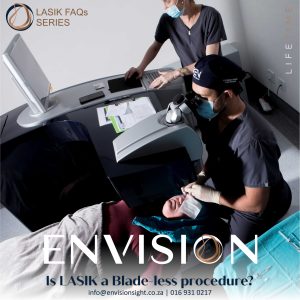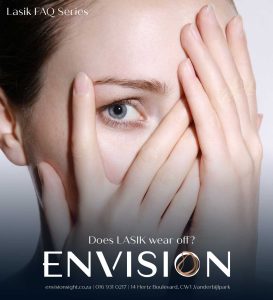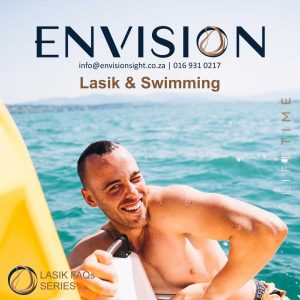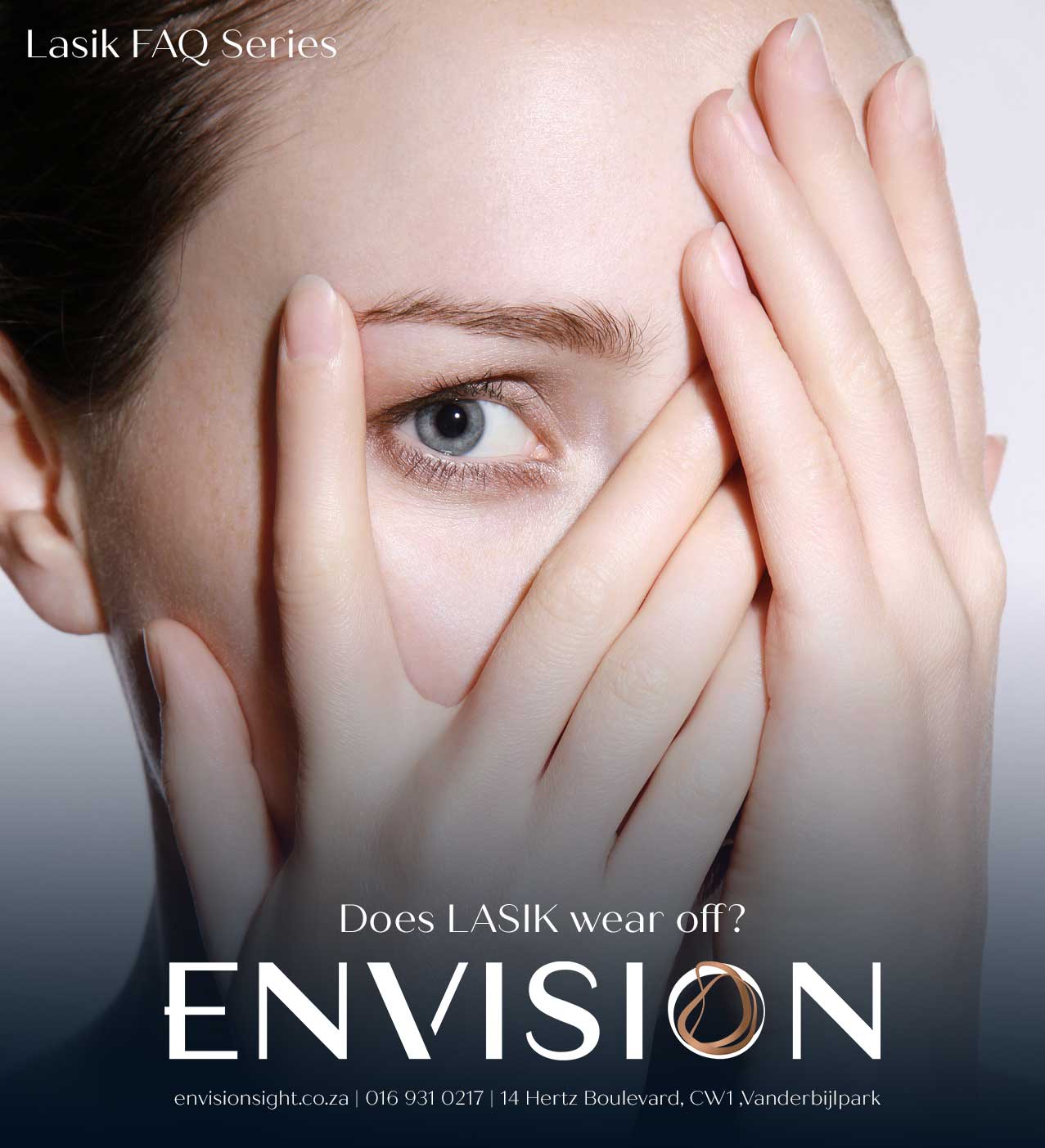LASIK is a laser vision correction procedure that treats refractive errors permanently. No medical procedure is without any risk. The important thing is to weigh the risks and benefits of each procedure. When the surgery is performed by an experienced surgeon using a careful screening process, the rate of success is very high.
In some cases, years after LASIK, your vision might not be as sharp as the first few years after the procedure. This is called regression, even though it can happen it is unlikely. Each year after LASIK there is a slightly increased chance of needing re-treatment. It is common for refractive surgeons to offer a no-cost enhancement in the first 1-5 years after LASIK if needed. Similar to wearing glasses, LASIK does not prevent your eyes from changing from other diseases or old age.
Around the age of 45, you will start wearing reading glasses. This can be corrected again with a laser procedure called PresbyLASIK. Later old age will also give you cataracts or macular degeneration which would need a whole different treatment approach.
Author: Ilka de Beer & Dr. Yolandie Coetzee
The medical content provided is not intended to replace a consultation with a health care provider.#DrLourensCoetzee


Is there blade-less LASIK?
Blade-less LASIK involves a femtosecond laser that creates millions of micron-sized bubbles at pre-determined positions inside the cornea that gently separate the layers of corneal tissue.

Is LASIK a painful procedure?
Fortunately, most patients agree that it is a pain-free procedure. You may experience some discomfort like someone is pressing on your eye.

How much time will LASIK take?
The procedure itself takes about 15 minutes per eye.

How long will it take to recover after LASIK?
Healing is different for each patient. There is no set timeline for recovery.

How long does LASIK last?
LASIK is a laser vision correction procedure that treats refractive errors permanently.

Swimming after LASIK
Yes, you can swim after Lasik! Spring is the best time to have laser vision correction as you can resume some water activities after just two weeks after surgery. Diving and deep-sea adventures will have to be at least a month after surgery.


